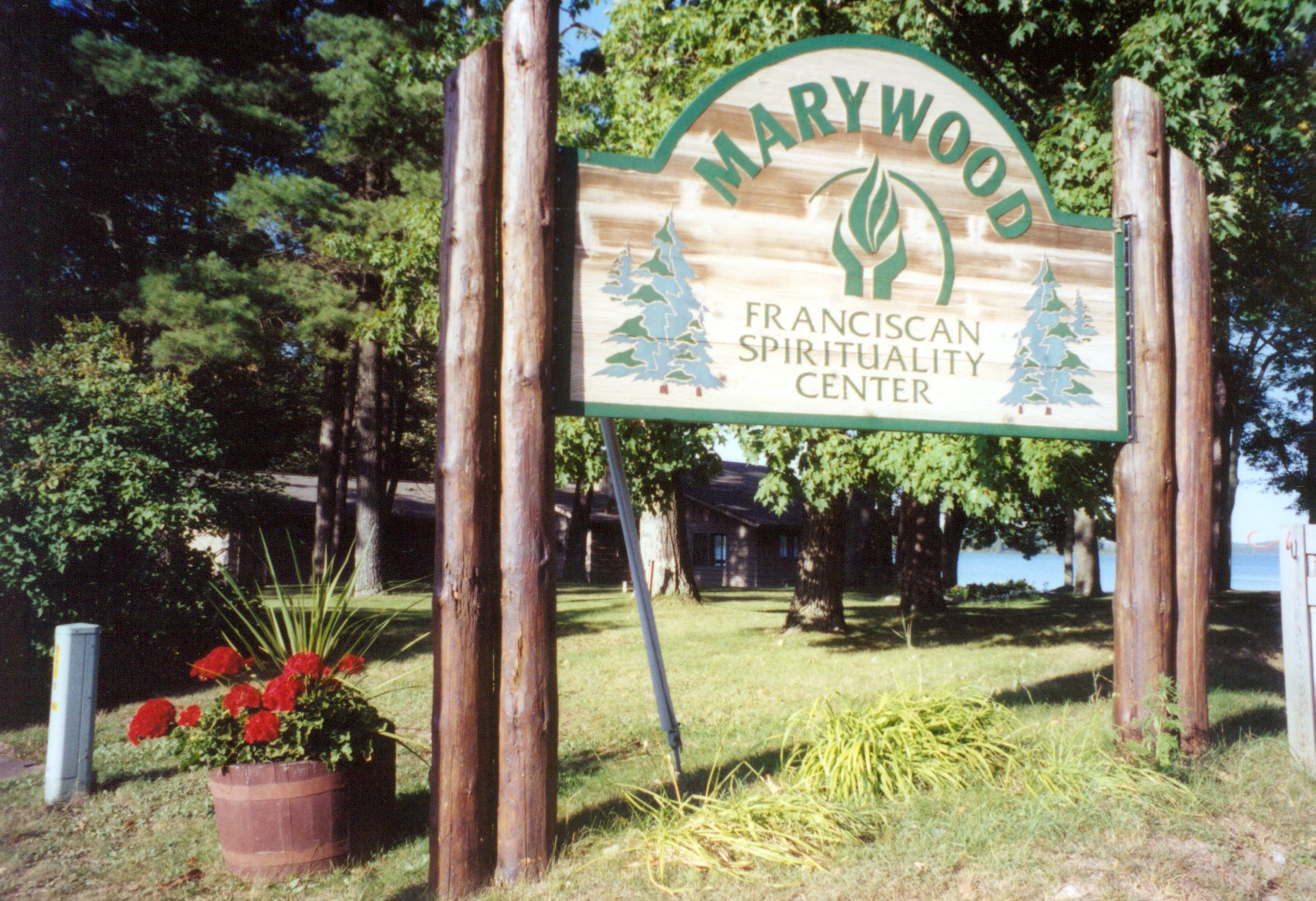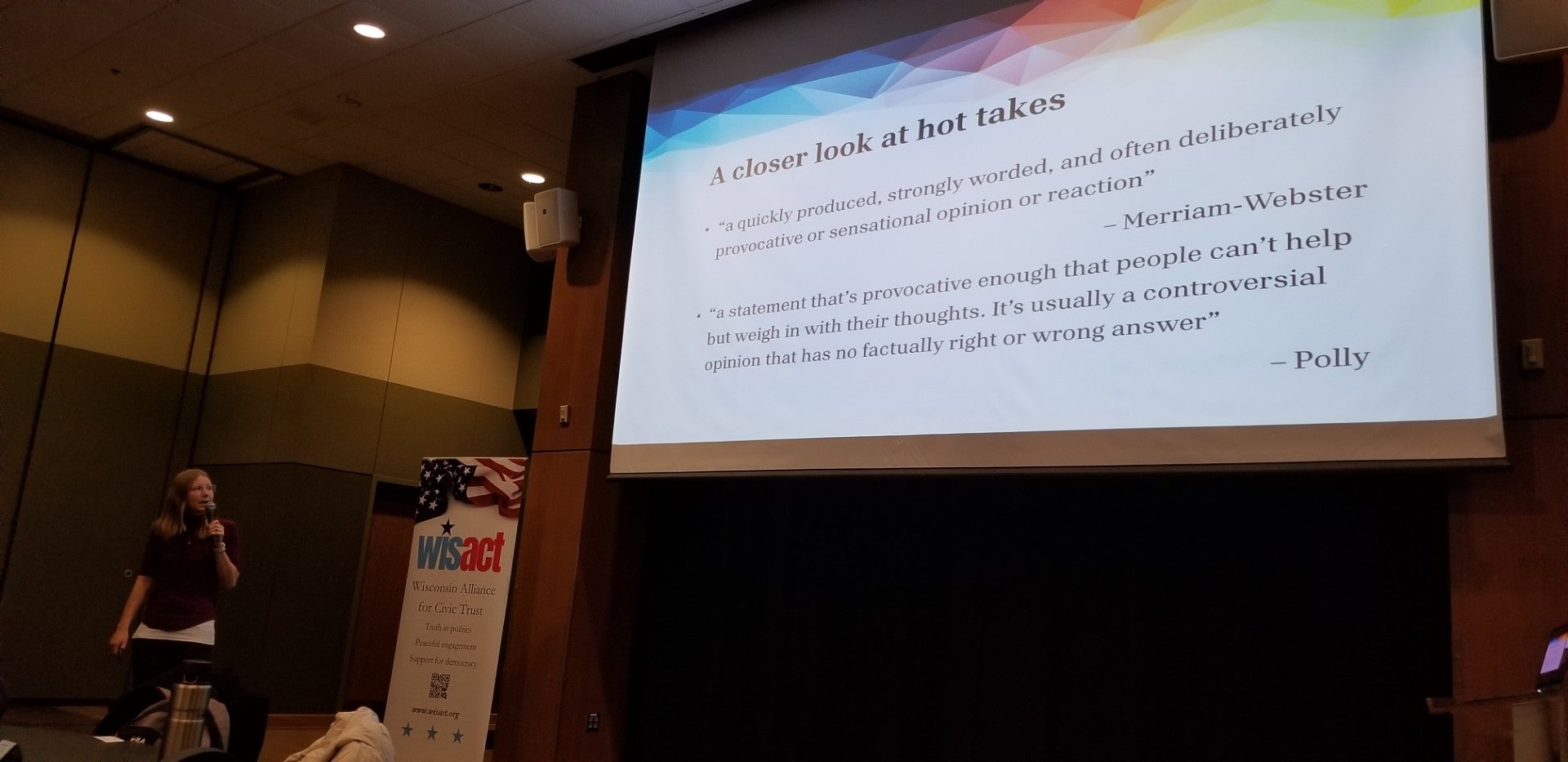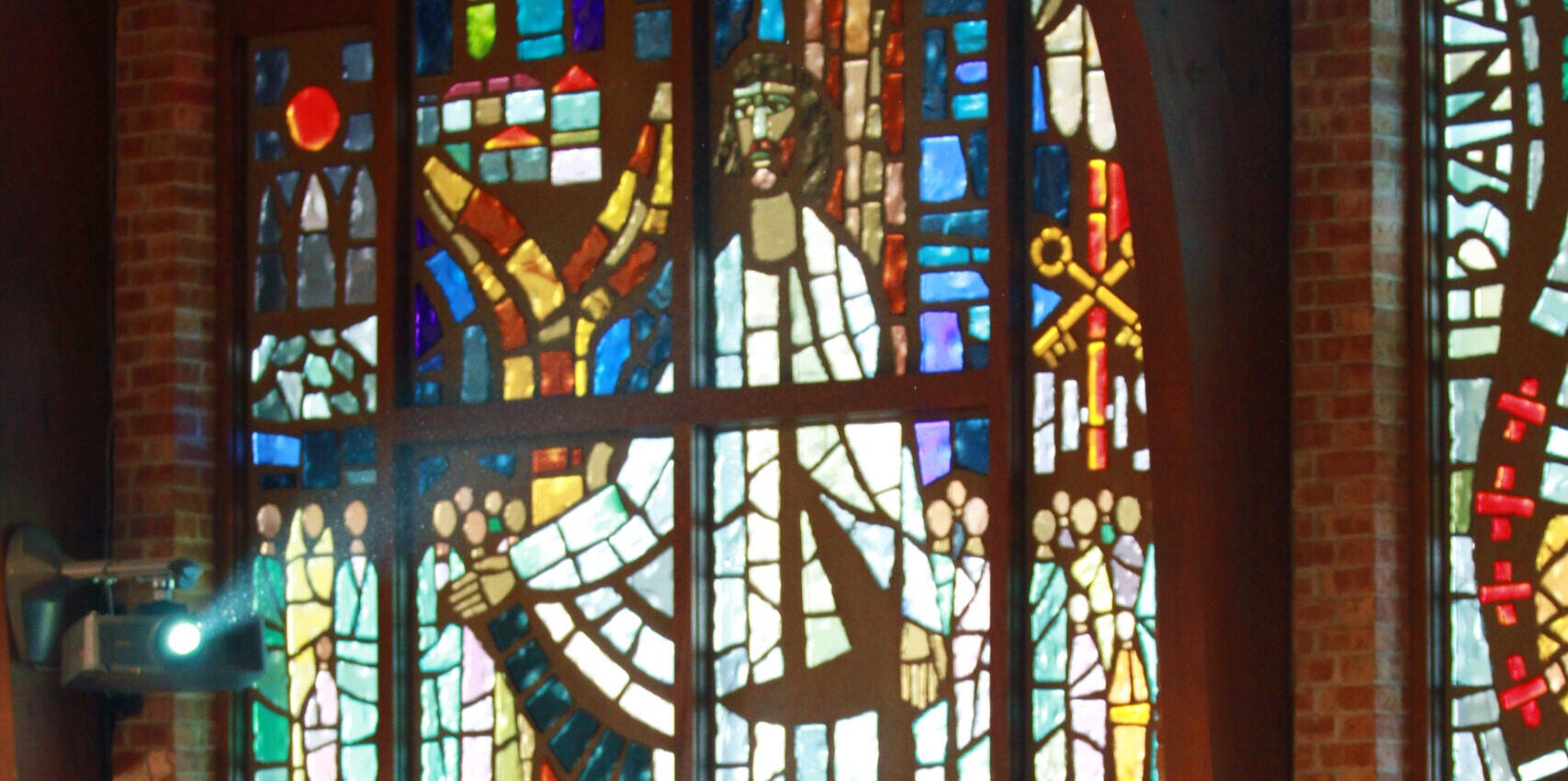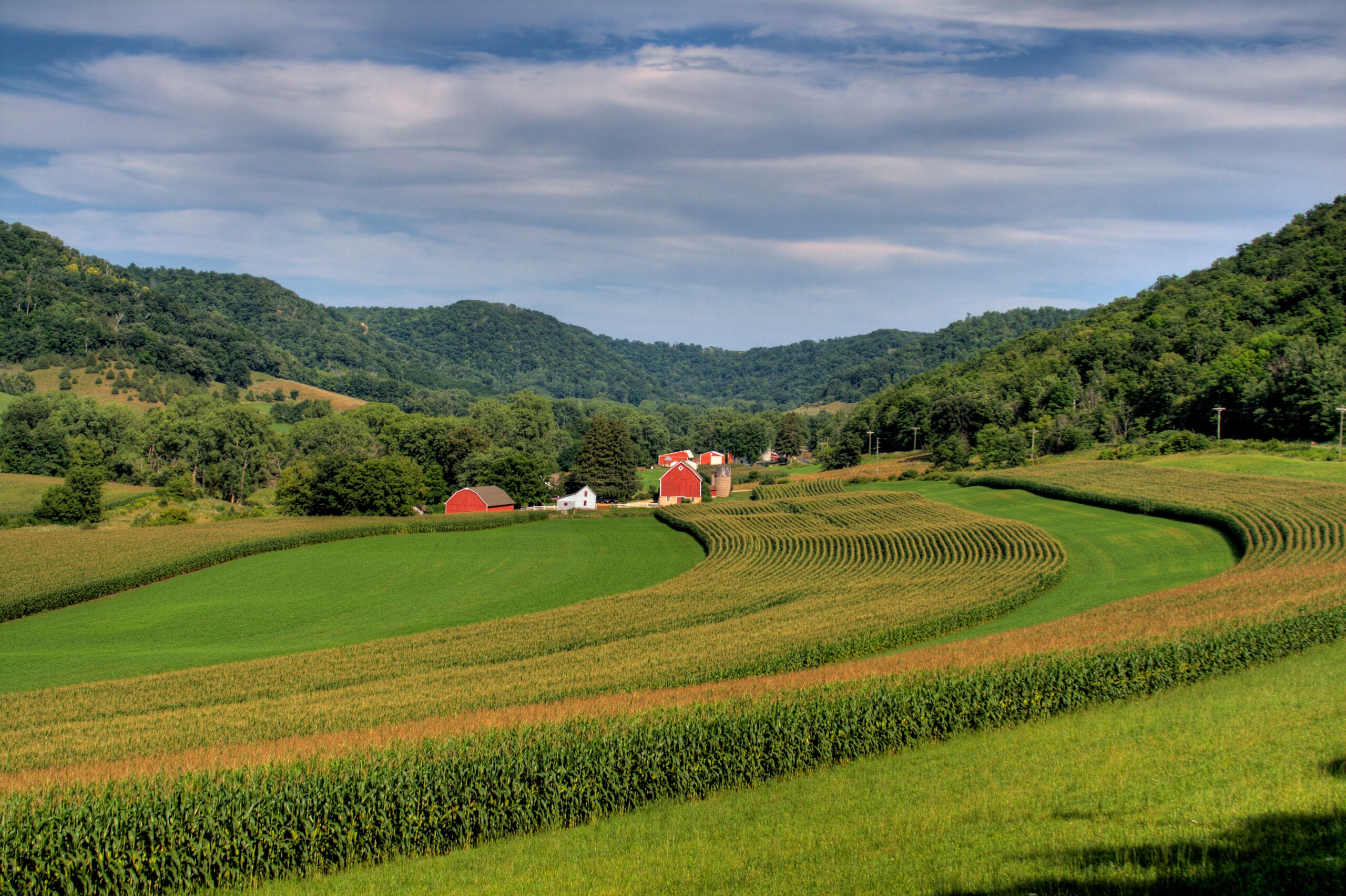At the Adoration Chapel on the grounds of a La Crosse convent, the Franciscan Sisters of Perpetual Adoration have prayed daily since 1878. This year, the Catholic congregation is marking 175 years of ministry.
In a newly published memoir, “For Love of the Broken Body,” one of the congregation’s sisters explores the contributions of women to the Catholic Church and what it means to profess vows of celibacy, poverty and obedience.
Although less than 200 Franciscan sisters are left mainly serving Wisconsin, Iowa and Minnesota, Sister Julia Walsh writes about her faith that the sisterhood will continue to adapt. She describes spiritual life as neither about attachment nor preservation.
News with a little more humanity
WPR’s “Wisconsin Today” newsletter keeps you connected to the state you love without feeling overwhelmed. No paywall. No agenda. No corporate filter.
“A Franciscan sister is someone who’s out in the world, blending in, oftentimes wearing typical clothing — although simple and a little out of style,” Walsh said in a recent interview with WPR’s “Wisconsin Today.”
Walsh also talked about helping women understand if sisterhood is right for them and the significance of prayer.
The following was edited for clarity and brevity.
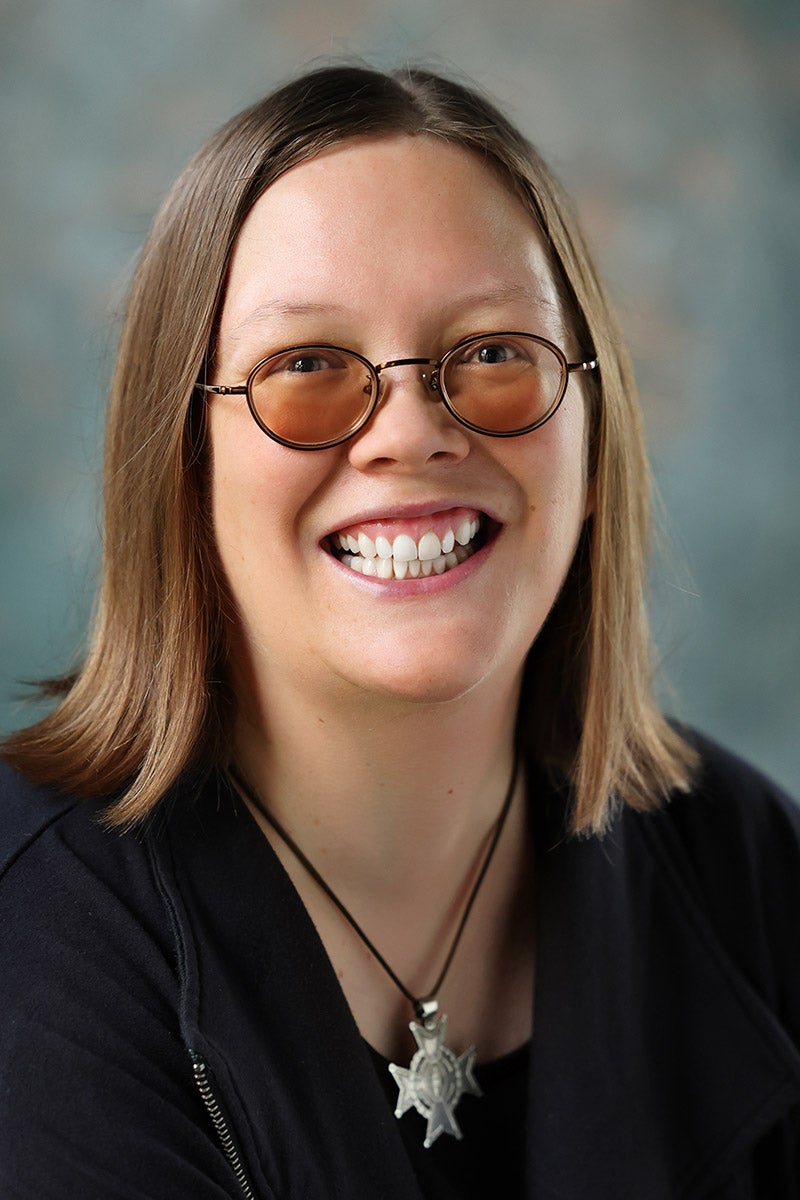
Kate Archer Kent: What is the difference between a nun and a Franciscan sister?
Sister Julia Walsh: A nun is actually a contemplative woman who’s away in a monastery living a life of prayer and labor for the sake of all of us. As they pray and they work, they’re serving us through their devotion.
A Franciscan sister, however, is what I technically am. … We are present to people on the margins and are hopefully proclaiming the good news and helping people to know God’s love just by being there and not necessarily preaching.
KAK: You write in your book that in 1965 congregation membership of the Franciscan Sisters of Perpetual Adoration peaked at about 1,100 members. Today, less than 200 sisters serve worldwide and mainly here in Wisconsin, Iowa and Minnesota. What do you make of that decline?
JW: If you think about the larger arc of church history for 2,000 plus years, women have been dedicating themselves to the gospel and lives of prayer service and community … and doing that in radical and countercultural ways.
For me, (sisterhood) feels more like a family than an institution. We’re constantly shifting and adjusting to how we share our life and how we are working together to respond to the current needs of the world.
This requires a lot of openness and detachment and flexibility. That’s all very healthy and good because that’s what a spiritual life is made up of. It’s not about attaching to something or trying to preserve something.
KAK: Celibacy is part of your vows. In your book you write about relationships with men. As you grow up in your community, how did you deal with and overcome that internal conflict of wanting a relationship and wanting to have kids but also taking the vows of chastity, poverty and obedience?
JW: I would love to say that once I made the vows the struggle stopped. But I’m a human. And I continue to remain attracted to the beauty of good people and so I have fallen in love … before I profess vows, after I profess vows.
Each chance is an opportunity for me to refresh my commitment to Christ and to the church and to my Franciscan sisters. I know that my vocation, my identity as a Franciscan sister, has given me so much life and joy and freedom.
So although it probably would have been a lot of fun to date and get married and have kids, I don’t think it would have been the best lifestyle for me.
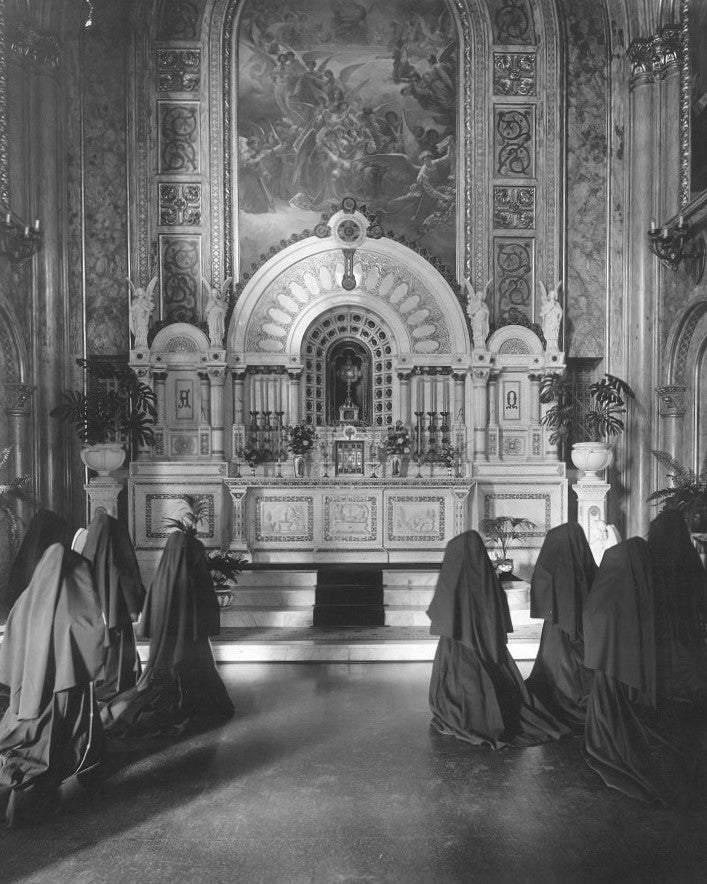
KAK: You are part of the congregation’s formation team. You’re helping women who are interested in joining the convent. What are questions that come up?
JW: Every woman is different, and they’re exploring different reservations or have a different level of eagerness. As a minister of discerners, I’m really hoping to help women explore their deepest motives.
I feel like discernment of religious life is a great journey of exploration into discovery. It’s not about application. It’s not like give me the paperwork and let me fill it out.
KAK: How do you advise women when you think joining the convent wouldn’t be a good fit?
JW: I’m oftentimes encouraging them to find other ways to experience lives of community and prayer. I’m often encouraging people, whether they’re interested in sisterhood or not, to have a spiritual director.
Many retreat centers in Wisconsin, such as the Franciscan Spirituality Center in La Crosse, have full-time spiritual directors on staff. That’s people who are trained to listen non-judgmentally as people are exploring these questions of identity and meaning and purpose … these very human questions that everyone ought to explore.
KAK: The Adoration Chapel is on the grounds of the convent in La Crosse and sisters have prayed there daily around the clock since 1878. Have those prayers made a difference in the world?
JW: Oh, I think so. I had goosebumps while you asked me that question. I can trust that God is listening and responding. When I am in our Adoration Chapel in La Crosse, I know our God as a powerful, strong and silent love who is gentle and holds all the pain and is with us in our suffering. That’s been my experience.
But it also helps me to know that I can put all my cares and concerns on that altar and trust Christ to hold all that suffering. Prayer makes a difference because prayer is sending positive love into the world and that’s contributing to healing.
Wisconsin Public Radio, © Copyright 2025, Board of Regents of the University of Wisconsin System and Wisconsin Educational Communications Board.



